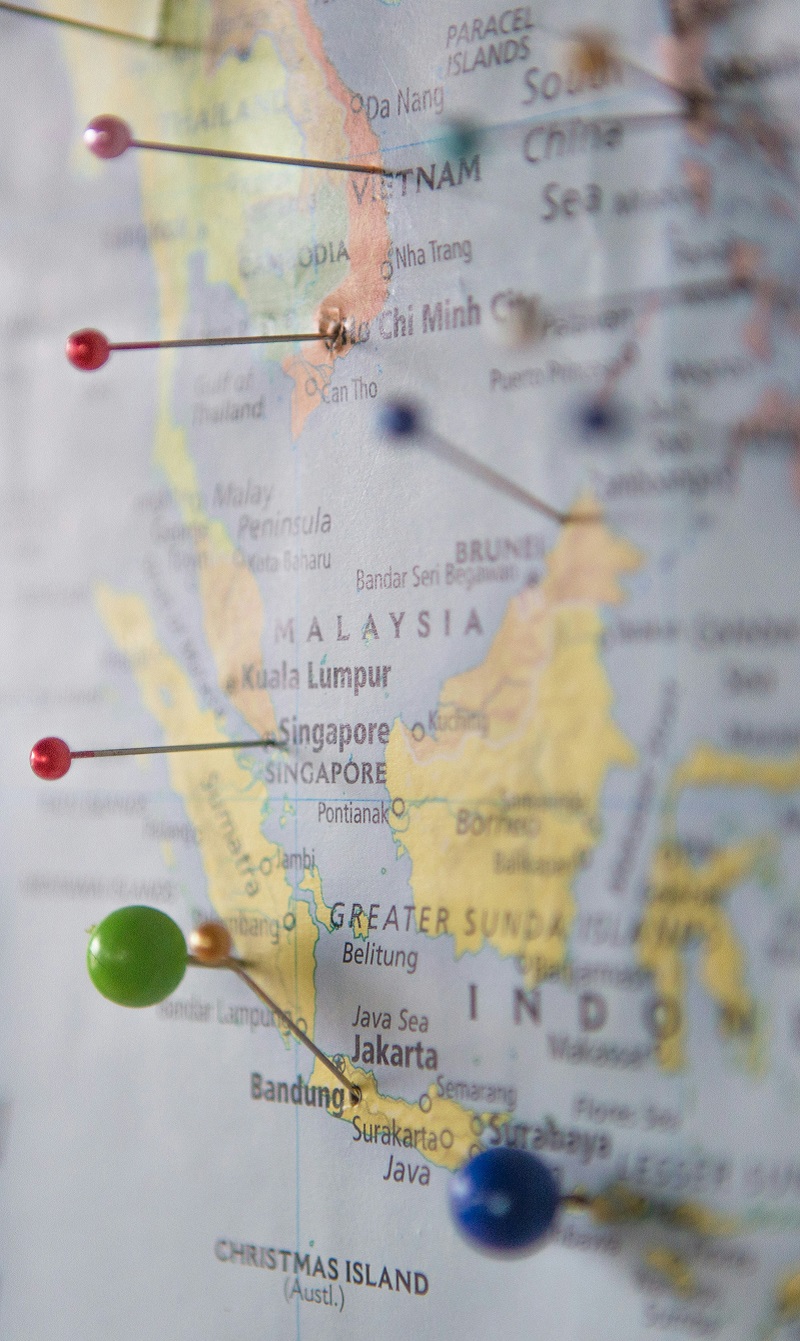Sushi, sakura & halal
Japan’s keenness to tap into the halal markets began with regulator reforms in Islamic finance in 2009 .
Known as the land of samurai, sushi and sakura, Japan is not often associated with the Islamic faith. However, this perception has changed, as the far east nation opens up its economy to shariah-compliant products and services.
In 2009, two positive developments in regulatory reforms took place in Japan, leading to the promotion of Islamic finance. The first was the amendments to the Ordinance for Enforcement of the Banking Act and Insurance Business Act, which consequently broadened the scope of business for banking subsidiaries and insurance companies to include certain types of Islamic finance transactions.
The second move was the tax reforms that promoted foreign direct investment by reducing Japanese taxation risks for foreign fund managers of certain investment funds on their income and capital gains from the disposition of funds.
An article by So Saito and Chika Igarashi in Islamic Finance News in 2010 expressed optimism regarding the impact of these reforms, and further movements to come. “Islamic finance is expected to attract a great deal of attention due to its ability to increase options for investors…” they wrote.
Since then the Islamic finance development in Japan has been gathering momentum. In 2014, the Bank of Tokyo-Mitsubishi UFJ (BTMU), Japan’s largest lender, and Sumitomo Mitsui Banking Corp expanded their Islamic finance activities overseas. In September 2014, BTMU was the first Japanese commercial bank to issue sukuk via its Malaysian branch, while Sumitomo Mitsui started offering Islamic finance via its Malaysian subsidiary.
A Reuters news report quoted Khalid Howladar, Moody’s global head of Islamic finance, as saying that Japan’s developments are similar to those taken by mature economies that are seeking deeper links with high-growth markets, several of which are majority-Muslim countries. “This is one way for both government and industry to forge closer economic and capital market ties,” Khalid told Reuters.
Japan’s banks are already looking forward to the latest move that will allow them to trade in sukuk and similar products – BTMU is considering handling Islamic finance at its Dubai branch, its hub for the Middle East.
Japan goes halal
Islamic finance is not the only appeal for Japan. The country’s interest for the halal industry is becoming evident, and Japan’s will to ensure its success is strong. The number of Muslim travellers to Japan has been increasing steadily over the past few years. It was reported that visitors from Indonesia, where Muslims make up 90 percent of the population, increased 13 percent from 2013 to 135,000 in 2014. The number of visitors from Malaysia was up 42 percent to 210,000 in 2014.
Recognising the country’s untapped potential, the Halal Development Foundation of Japan and the Japan Halal Association were established recently to facilitate the country’s entrance into the various halal sectors, including food, travel, pharmaceutics, and technology. The State of Global Islamic Economy Report (2014-2015) also reports that the tourism offices and chambers of commerce in Japan have been conducting workshops to help the tourism industry and restaurateurs in understanding the concept of halal. More prayer rooms are being opened at key airports such as Haneda International Airport in Tokyo and Kansai International Airport in Osaka.
According to a Malaysia International Islamic Financial Centre report, The Halal Economy: Huge Potential for Islamic Finance, an inaugural Japan Halal Summit was held in Tokyo in 2014, where Japan announced that the halal bodies in Japan were working together to create one single Japanese halal standard that would be accepted in every Muslim market in the future.
Islamic finance and the halal industry both have burgeoning global markets. It is high time that one of Asia’s most successful economies gets its share of the pie, and joins the international effort in shaping an economic model that prioritises sustainable, equitable, and long term prosperity.





